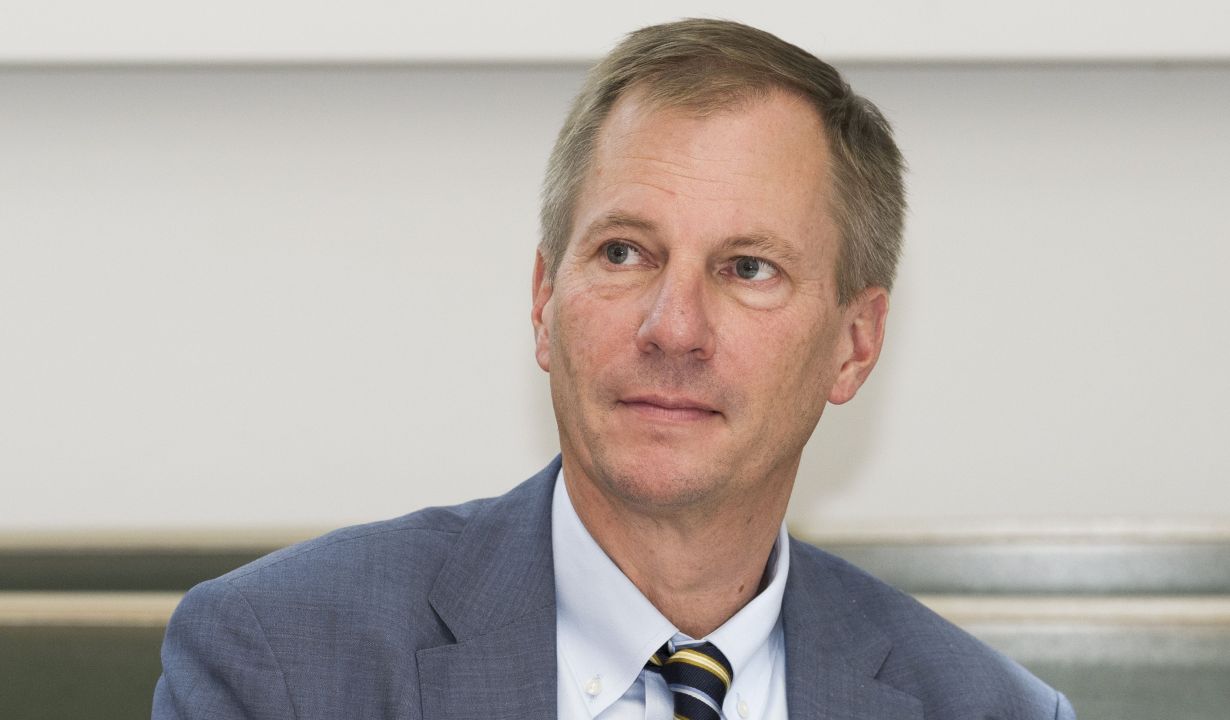
Oliver Kraft remains Vice President for Research
Oliver Kraft remains Vice President for Research at the Karlsruhe Institute of Technology (KIT). In its meeting today, the KIT Senate confirmed the vote of the Supervisory Board with a very large majority. Kraft has held the office of Vice President since 2016. The focus of his first term of office was in particular setting up the KIT for the excellence strategy and program-oriented funding in the Helmholtz Association.
“The Supervisory Board has unanimously voted in favor of Professor Oliver Kraft’s second term as Vice President for Research. I am very pleased that Mr. Kraft will continue to work for excellent research conditions at KIT, ”said the chairman of the supervisory board of KIT, Professor Michael Kaschke.
“I am very pleased that the KIT Senate has so clearly confirmed the election. As a research university in the Helmholtz Association, KIT measures itself nationally both with the universities and with the Helmholtz centers. The basis for – past and future – success in these competitions is the clear strategic direction of research at KIT. An outstanding example of this is the renewed win of the title University of Excellence for KIT. I am very much looking forward to further collaboration with Oliver Kraft, who has worked hard to advance the further development of the framework for excellent research and young scientists, ”says the President of KIT, Professor Holger Hanselka.
“The great potential of KIT lies in the interdisciplinary collaboration of scientists. Networking and mutual exchange were an important basis for our success in the Excellence Strategy and the program-oriented funding of the Helmholtz Association. Therefore, it is my goal to continue promoting this potential in the future through targeted formats of topic- and science-oriented exchange and to make our strengths and competencies even more visible internally and externally, ”says Professor Oliver Kraft, Vice President of KIT for Research. “We have to work consistently on this by identifying and promoting important future research areas and infrastructures, among other things.
